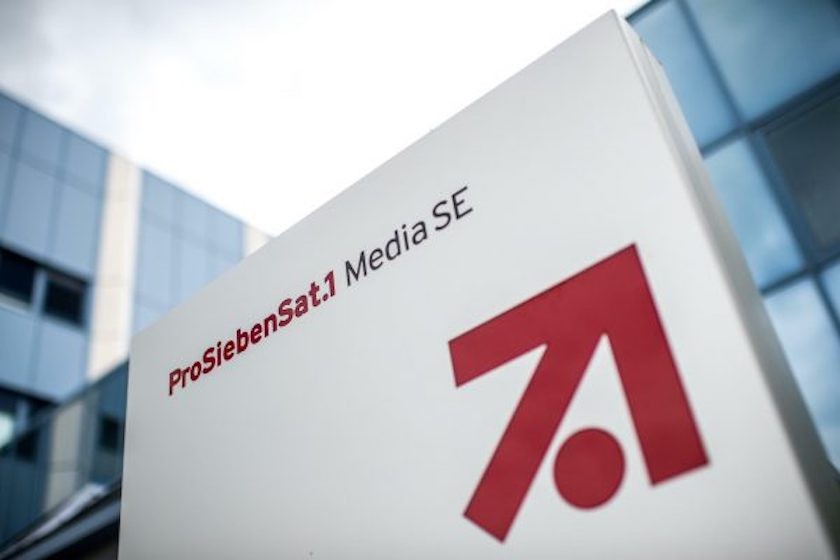German broadcaster ProSiebenSat.1 has today announced it has begun experimenting with selling ads on its linear TV channels programmatically, in a move designed to draw in more ad spend from digital native brands which have previously steered clear of TV.
Speaking to German media trade publication W&V, Seven.One Media’s chief sales officer Thomas Wagner described the new product as “the most important innovation for the media industry since the introduction of addressable TV and an important milestone in developing TV into a digital advertising medium”.
ProSieben already sells spot-replacement addressable TV ads programmatically, via its d-force joint venture with RTL Deutschland. But this new product, which Seven.One Media calls Programmatic TV, will (as the name suggests) let advertisers buy regular TV campaigns programmatically. Through Programmatic TV, booking, playout, and billing of ads will all be automated.
For the time being, ProSieben is running limited testing of the technology. BBQ brand Weber-Stephen is the first brand to have run a programmatic campaign, working with agency Mediaplus. ProSieben says it will continue to develop the technology based on the results of this first campaign.
Introducing Media Manager
The broadcaster says planning, which takes place through a DSP, is informed by a mix of data from AGF (Germany’s national TV panel) and live data from switched on HbbTV enabled TV set, which will project reach and audience makeup. ProSieben’s ad tech unit Virtual Minds runs the ad server, placing ads and handling measurement.
In fact Programmatic TV’s launch coincides with Virtual Minds’ own launch of Media Manager, a new tool which will make the same programmatic trading of linear TV ads available to other media owners.
And Virtual Minds’ own plans for its programmatic TV product hits at the future direction of ProSieben’s programmatic TV. Virtual Minds says that to start, Media Manager will only enable programmatic guaranteed campaigns, but in the future will expand to make inventory available on open marketplaces. Thus its very possible that ProSieben is considering making its linear inventory available on the open exchange at some point in the future.
And Virtual Minds says its focus will be on automating the traditional ‘one-to-many’ model of TV advertising, rather than trying to bring one-to-one targeting onto linear TV. Virtual Minds sees the benefits of programmatic trading in TV to relate more to flexibility and ease of access, rather fine-tuned targeting, and its tools will focus on providing these benefits.
Again, it’s likely that ProSieben’s own programmatic tools will follow a similar path – making linear inventory easier to access, and giving brands the ability to optimise their campaigns on the fly.





